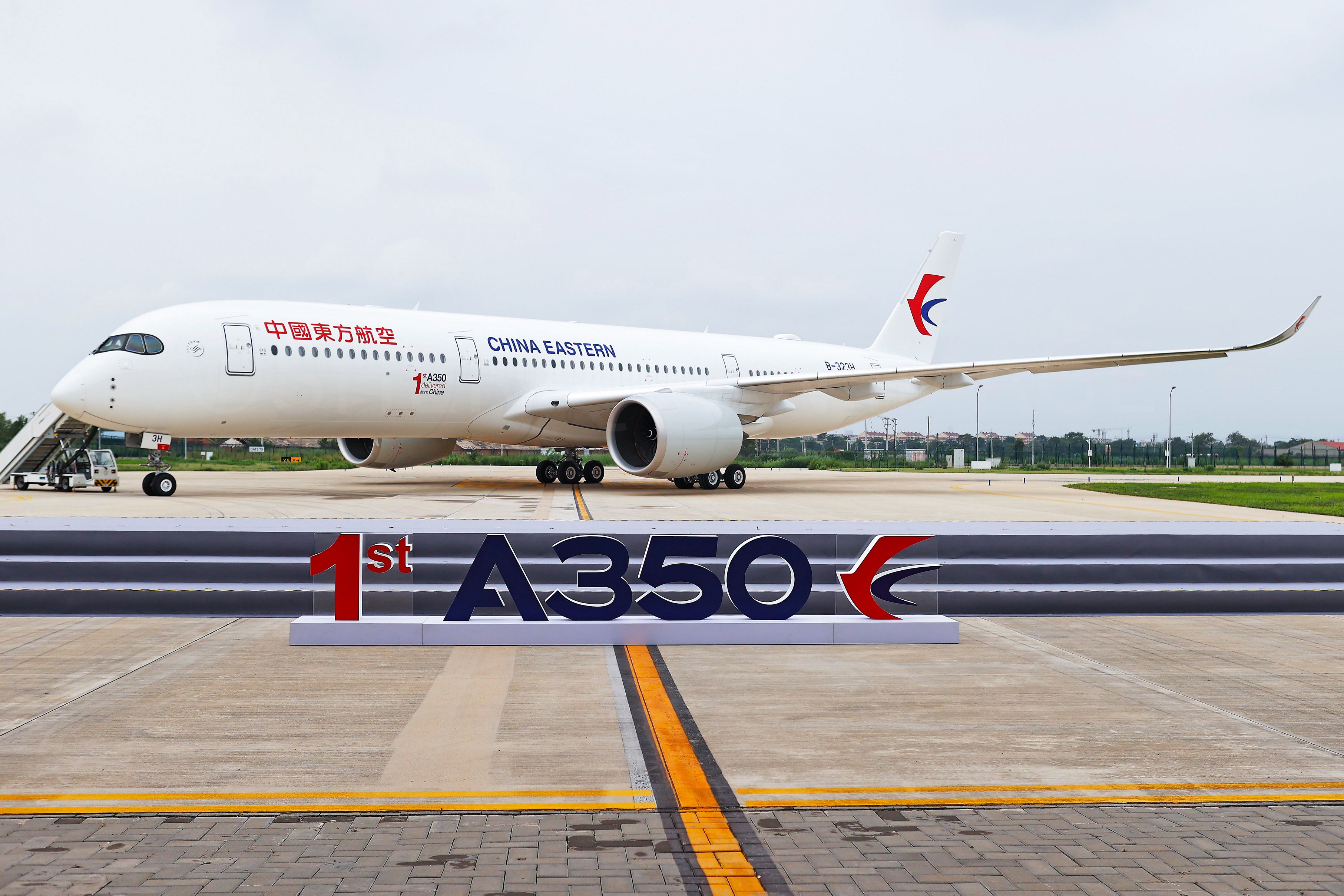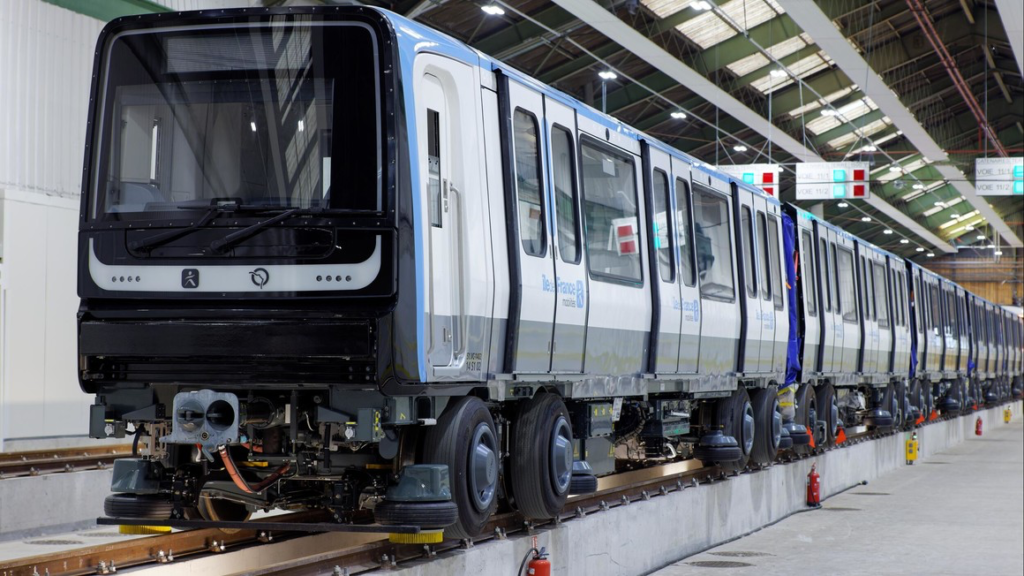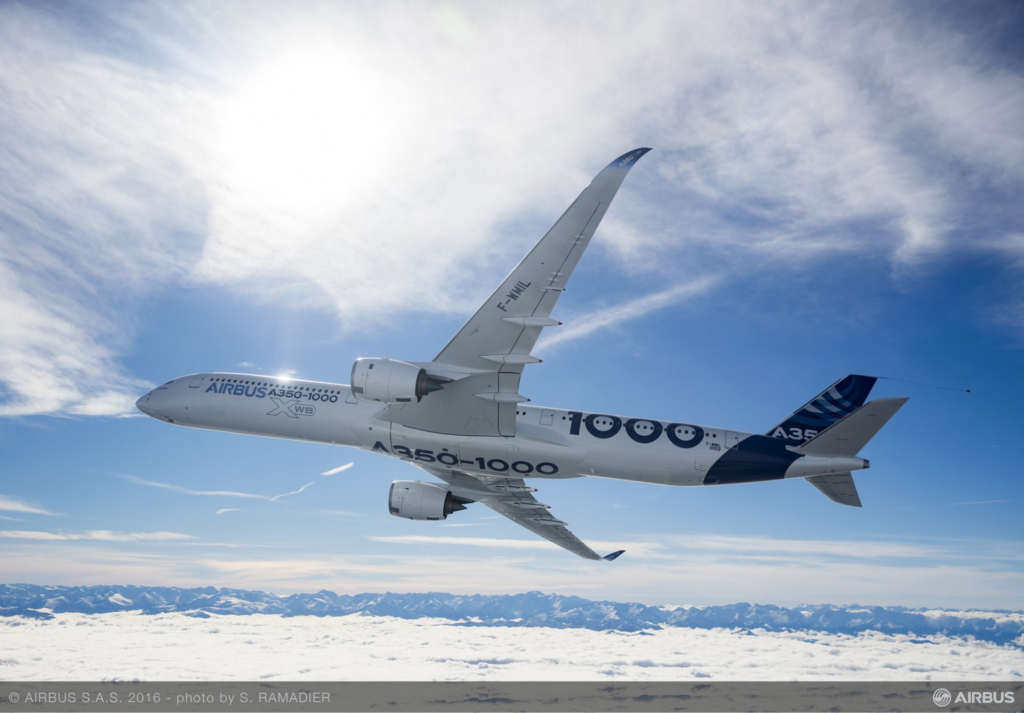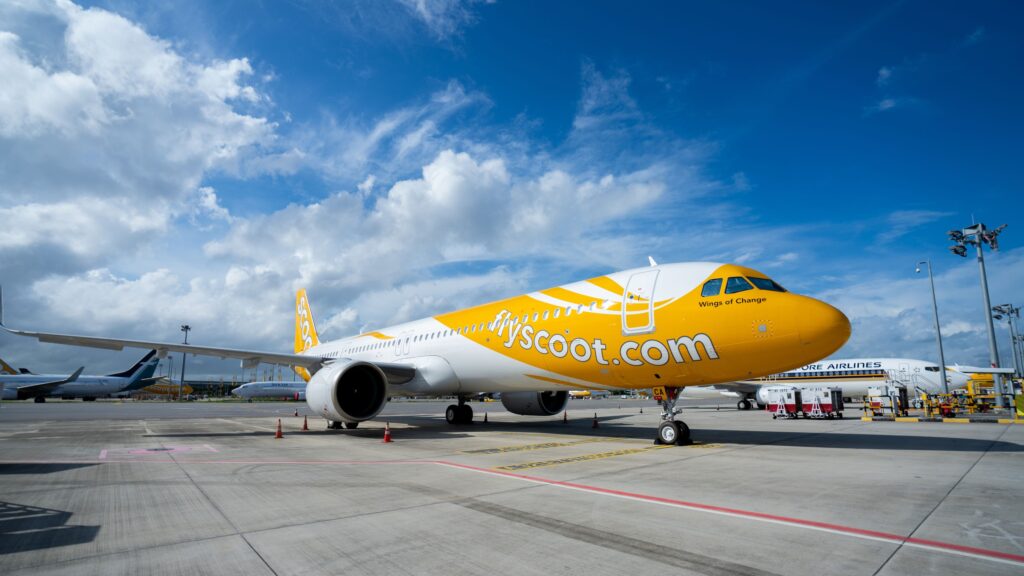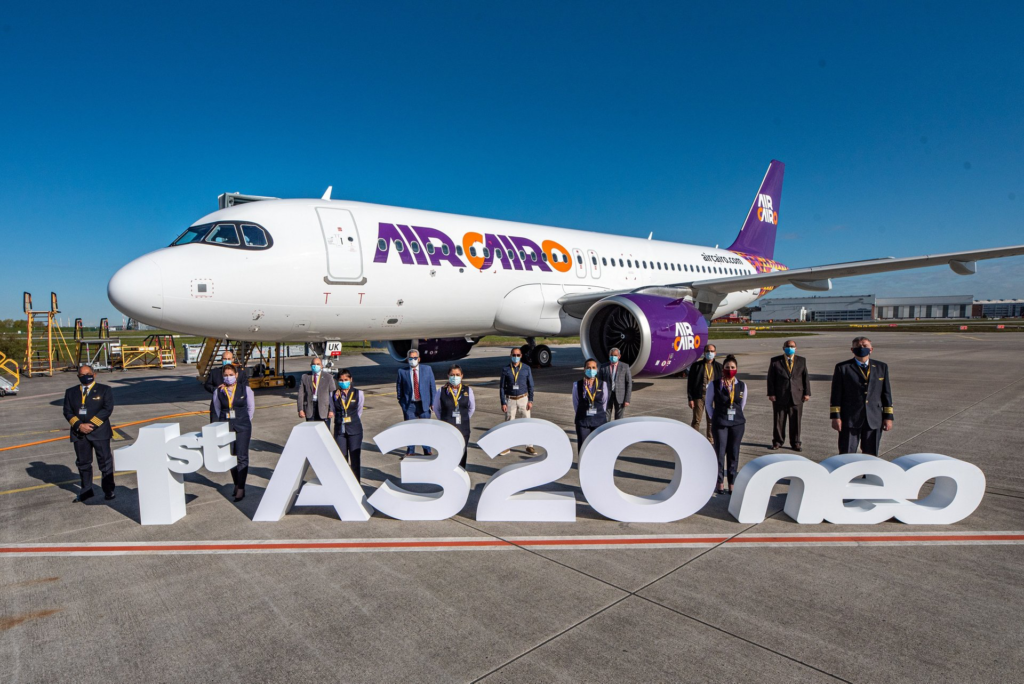Airbus Delivers First A350 From China Widebody Completion and Delivery Center
Airbus has delivered the first A350 from its widebody completion & delivery centre in Tianjin (C&DC), China, taking additional steps in the expansion of its global footprint and long-term strategic partnership with China. The A350-900…
